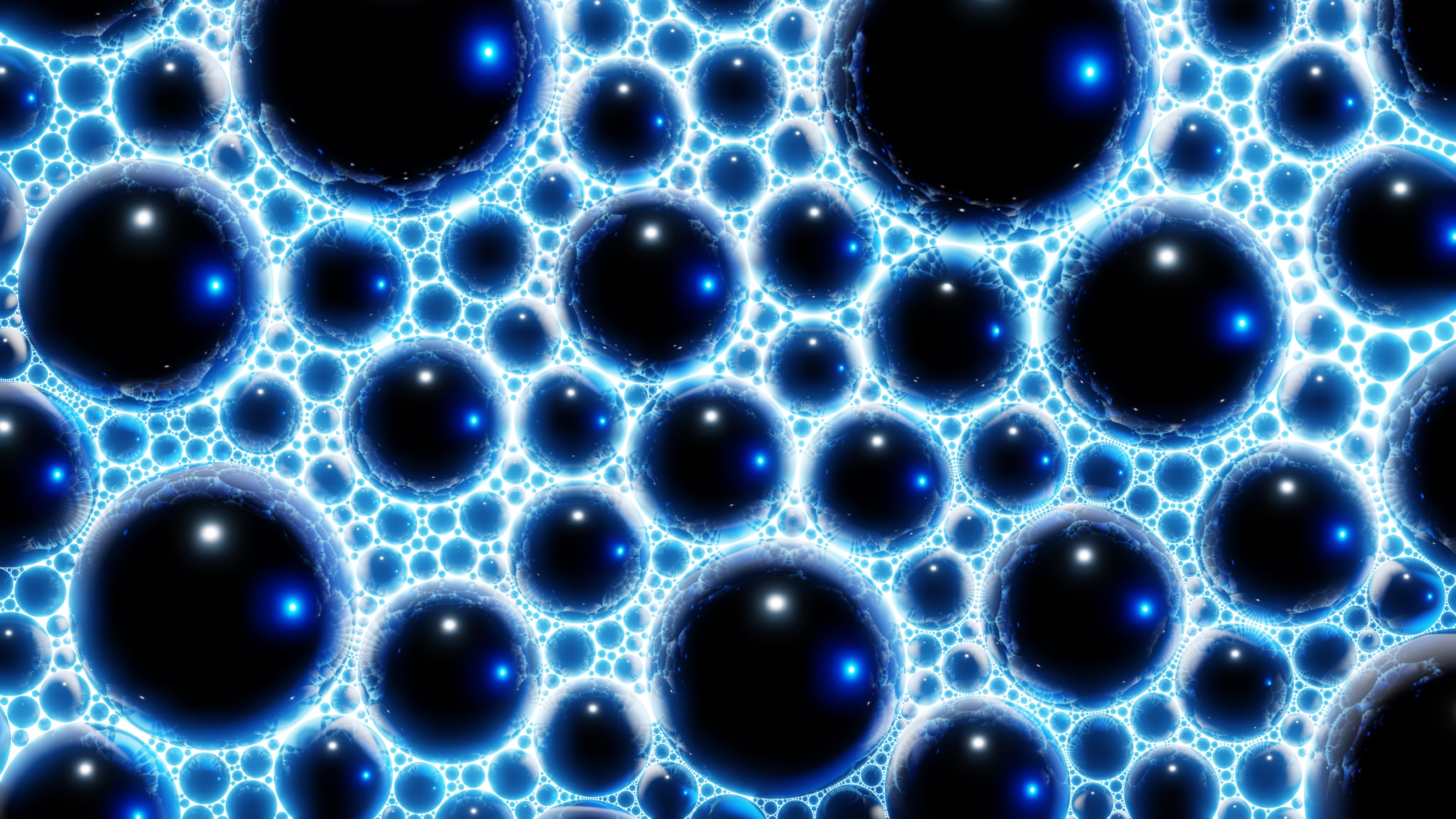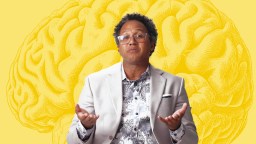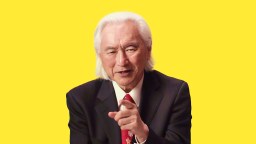Why does time move in only one direction? This still unsolved question was posed in 1927 by the British astrophysicist Arthur Eddington, and the concept came to be known as the “arrow of time.”
As theoretical physicist Sabine Hossenfelder explains, there’s a longstanding mystery in the foundations of physics: If we look at the laws for microscopic constituents, like elementary particles, they work the same way forward in time as they do backward in time. But the same does not hold true on macroscopic scales.
In this Big Think video, Hossenfelder dives into this mystery and explores how it has captivated the minds of so many scientists and science fiction writers.
SABINE HOSSENFELDER: We need some way to explain why people only get older and not younger. But we have this big mystery in the foundations of physics because if we look at the laws for the microscopic constituents, like elementary particles, they work the same way forward in time as they do backward in time. But the problem is we think that everything around us, us, worlds, plants and so on and so forth is made of those particles bouncing off each other. But we don't experience our reality as being the same forward in time and backward in time. Eggs break but they don't unbreak. If we drop a pebble into water, you see the water splash out and the pebble sinks. People only get older but not younger. So where does it come from if the laws work the same forward and backward? The answer to this question is that it's not just the laws themselves that matter but it's also how the individual particles are arranged. So despite the fundamental laws of nature, having this symmetry between forward in time and backward in time, we ourselves have this experience that forward in time is very different from backward in time. And this experience is what we call the arrow of time. And we need an explantation for it. And the most common explanation that physicists put forward for it is entropy increase. And entropy is a measure for the number of micro states in each macro state. What we mean by this is that things become more and more disorderly over time. They break but they don't unbreak. This explains part of the reason for why the direction forward in time looks different than the direction backward in time because entropy only increases in one direction of time. Mathematically with our equation, we can run the movie backward but it won't look the same. So we've said entropy always increases and this explains why the future's different from the past. But it brings up a new problem because entropy can only increase if it was small to begin with. And indeed, the entropy must have been very small in the beginning of the universe, otherwise we wouldn't be here today. So what does the arrow of time have to do with us aging? At first sight, you could say well, that's all about biology, it's all about cell processes, and there are lots of scientists who are trying really hard to slow down the process of aging, and now you physicists come and try to tell them it's not possible. It's certainly true that there are cell processes that determine how we age and it's really, really complicated. And I admit that I'm totally not competent to talk about. I'm just a physicist. But it is possible to fend off entropy increase for some amount of time in a particular part of a system. For example, there are certain creatures, like types of lobsters or maybe trees that can keep entropy increase very low for a certain amount of time on the expense of increasing entropy elsewhere. And some species are better at this than others. And maybe in the future, we'll be able to slow down aging. Maybe we'll be able to live 100,000 years or maybe a billion years. But you can't do it for the entire universe. So entropy will eventually increase and it'll get us in the end. So this brings up the question is this how the universe will end? This question has captured the imagination of a lot of science fiction writers. The most famous example might be Isaac Asimov. In his short story, "The Last Question," Isaac Asimov envisions a man asking a computer, today we might say an artificial intelligence if there's any way to stop the entropy from increasing in the universe. And for a long time, billions of years, the answer of this computer and its more sophisticated later versions is that it has incomplete information for an answer. And at the very end, when all the stars have burned out and the only beings that remain are completely disembodied consciousnesses that float through the universe, the computer finishes the calculation, and says, "Let there be light." So how will it end? For me, the answer is we don't really know.







